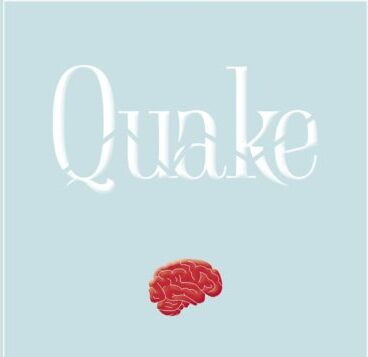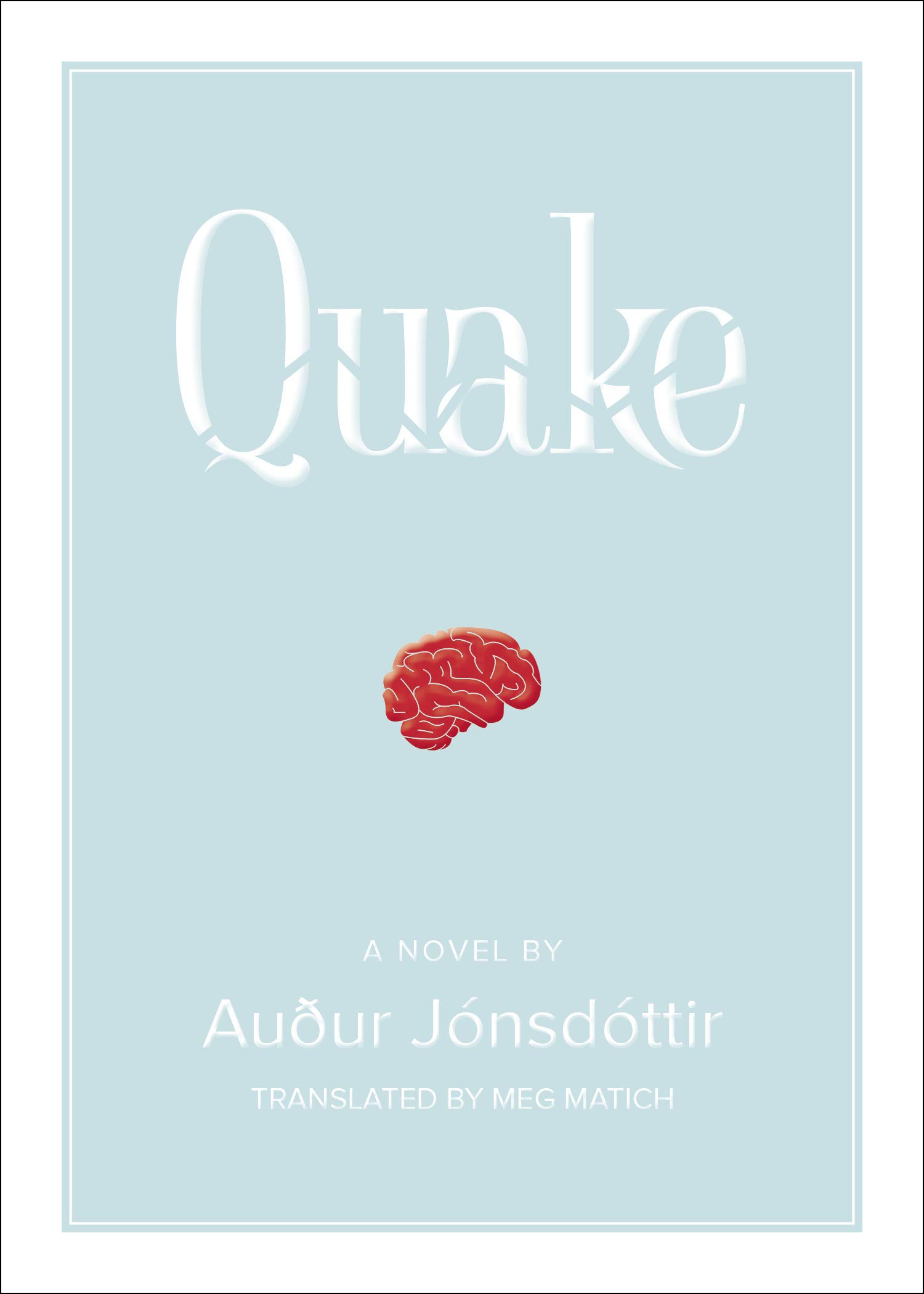

Several years ago, while walking to his car on a Malibu highway, my father-in-law was attacked by strangers and left to die. A pair of police officers responded, presumed him to be homeless and seeking work, and abandoned him in a labor exchange lot. He laid in the California sun for hours, losing speech and motion as two women waiting there became increasingly worried. Though they were undocumented immigrants, they chose to risk their lives in the U.S. by calling 911. He made it to the hospital; however, the muggers’ direct hit over the language center of his brain and those subsequent hours of intra-cranial bleeding meant that he spent months in a coma. As he healed, he dreamed in long-form fiction indistinguishable from life—his mind summoning his gentle family members, but often depicting them as capable of sudden violence, commandeering jets and murdering infants. When he woke, he genuinely did not know what was real.
For him, time was the only solution. After he learned to walk, then to speak, he learned to ask those around him to confirm or deny what his mind insisted had happened. Only with questions and distance from the dreams could he approach something like truth.
In the novel Quake by award-winning Icelandic author Auður Jónsdóttir, the narrator Saga—who has just experienced her first grand mal seizure in many years—unfortunately does not have that luxury of time. Jónsdóttir’s English-language debut, translated by Meg Matich, takes place in an eternal present tense: Saga tells us her story and we experience her cognition exactly as it happens.
The novel begins as Saga awakens to a bystander asking her name, which she cannot recall. She’s lying on a familiar sidewalk in Reykjavik by the park, but isn’t sure how she has gotten there. What she does know—the revelation bursting forth in a sudden scream, “a shard, the screech of a seabird”—is that her son, aged three and a half, was with her, and now he is not (11).
Readers should not enter Quake expecting a thriller or the story of a kidnapping; the novel has a different, more-interesting project at its heart, a metafictional experiment that might have been purely cerebral, but is used to heart-wrenching results. In chapter two, Saga searches frantically for her son before collapsing; in chapter three, we learn that he has been recovered by the police. However, Saga’s wounded mind cannot retain that knowledge. Her son comes to the hospital to hug her, but in the following chapter, Saga’s mother has to remind her not only that he has visited, but that he has been found at all. We as readers repeatedly witness Saga being told things that she subsequently forgets, just as my father-in-law experienced when he began to heal. Jónsdóttir’s unique use of dramatic irony vividly renders the singular but common experience of existing in an altered mind.
Our narrator begins rediscovering herself, but “as the pieces gather, their edges misalign” (12). She isn’t sure why she and her husband, a well-regarded but careless literary novelist, have separated. She doesn’t know why her mother first hovers over her, then is absent. Her sister seems angry with her. There are white roses on her table, but who sent them, and why? Most importantly, will she ever again be able to safely care for her son?
Over the course of the novel, Saga finds many answers, both intentionally (by befriending a punky neighboring teen who helps watch her son and whose earnest boyfriend facilitates Saga hacking into her own computer) and by accident. True to life, her path to recovery is a wandering one. As a result, a larger question arises: in a landscape devoid of permanent knowledge, how do we anchor ourselves? How does an injured mind grab hold of reality?
The translation itself provides an answer. Meg Matich, a poet by training and a translator of many other Icelandic short stories and novels (most recently the Oprah Daily pick Magma by Thora Hjörleifsdóttir, featuring a narrator also navigating complications of trauma), has crafted sentences that sing with alliteration, assonances, and consonance, especially in the earliest and most disorienting pages: Saga’s words “stick to [her] palate and gum together in a creaturely moan” (10), she experiences a feeling “surfac[ing] of being slanted and skewed” (25), and her “memories flash and fade, maybe fictions” (16). One particularly beautiful paragraph takes place during Saga’s third seizure in the hospital:
I am in the clouds on a peak at the edge of a precipice, where rock crumbles and tumbles into an abyss. But I’m surveying the beauty of the world – how the deep valleys, guarded by basalt bluffs, seem to glitter when the sun shines, and I see, I see the immense beauty of it all. The beauty is pain in my heart. One misstep, and everything is nothing, nothing if I fall. (18)
Matich’s translation allows the beauty of sentences to lead Saga onward as she finds answers.
The text never forgets where the story takes place, either—the translation retains echoes of its Icelandic source. Instead of “He’s just a little boy,” as an American mother might say, Saga cries, “He’s only little!” (12) Matich also chooses to either gloss – “he’s smiling at me with his Bergssvipur, that Bergur look”—or transfer (insert without defining) multiple Icelandic words in the English version, reminding the reader that this universal story takes place in a particular country (25). At times, Quake touches on Icelandic politics; early on, Saga’s father the anarchist and brother the conservative get into a heated dinner-table debate about whether systems should be revolutionized. I confess that as a reader, I was confused as to why this had entered the novel, until Saga’s doctor solved it for me later: “Epilepsy,” he says, “is anarchy in its purest form” (92).
Saga clings to words, and her memories often return in response to certain sentences, as if summoned. When her ex reminds her that her mother picked her up from the hospital, she at once recalls her mother’s “strange tangle of hair, how uncharacteristically unkempt and flushed she looked” (28). She thinks, “I’m not an idiot,” and subsequently realizes that she often told her husband he was an idiot (215). Still up for debate, though, is the question of whether her distracted husband was actually neglectful of their son, or if she herself consistently overreacted to perceived oversights, her constant corrections verging on the edge of abuse.
Like my father-in-law (who is mercifully now—if not quite the person he was before the injury—back to creating art and making jokes), the novel asks: how much of what we know or remember is fiction, or a shifted version of the truth? Even Saga’s sister Johanna, who doesn’t experience seizures, admits that she will never know for sure if her memory of one particularly horrible night in their shared childhood was the truth: “I told [our aunt] everything I knew,” she says. “… I didn’t understand that she would dress up my memory, add details from her point of view, and repeat it to others. … I won’t ever know what I witnessed and what [she] created” (210).
These are large, potentially solipsism-inducing questions, so the novel wisely restricts itself to following one woman’s journey to find answers. Though it proffers exquisite sentences—poetry as micro-truth—as an anchoring mechanism, it in the end suggests that if we want to truly know ourselves, perhaps the best we can do is to talk to other people. Humans, Quake suggests, are not very good at discerning who we are: only by asking those around us can we glimpse our true selves. Unfortunately, sometimes—as the novel admits as it builds to its conclusion—we will not like those answers.
Matich’s translation, a poetry-enjambed alteration of the Icelandic novel’s original ending, cleverly brings Saga back to the one thing she knows for certain—that no matter what happens to her, however her mind malfunctions, she will remember to yearn for her son. This is no platitude, but true to my experiences with people suffering altered states of consciousness, a thing unfortunately more common than we’d perhaps like to admit. My father-in-law cast and recast his family in situations in his mind as it healed; my grandmother dying from Alzheimer’s knew to reach for the hands of her daughters; my friend’s partner suffered a brain injury, became for a time agitated and wordless, but always calmed when she visited him, even if he couldn’t speak her name. Love, in Quake and in life, is the answer—the only true thing there is.
Jessie Hennen holds a fiction MFA from the Iowa Writers’ Workshop. Her fiction and nonfiction have appeared in The Toast, The Millions, Untoward Magazine, and elsewhere. She lives and writes on a farm in rural Minnesota, and is currently seeking representation for her debut novel Dryad.
Quake
by Auður Jónsdóttir, translated from the Icelandic by Meg Matich
Publisher: Dottir Press
Paperback / 264 pages / 2022
ISBN: 978-1948340168




